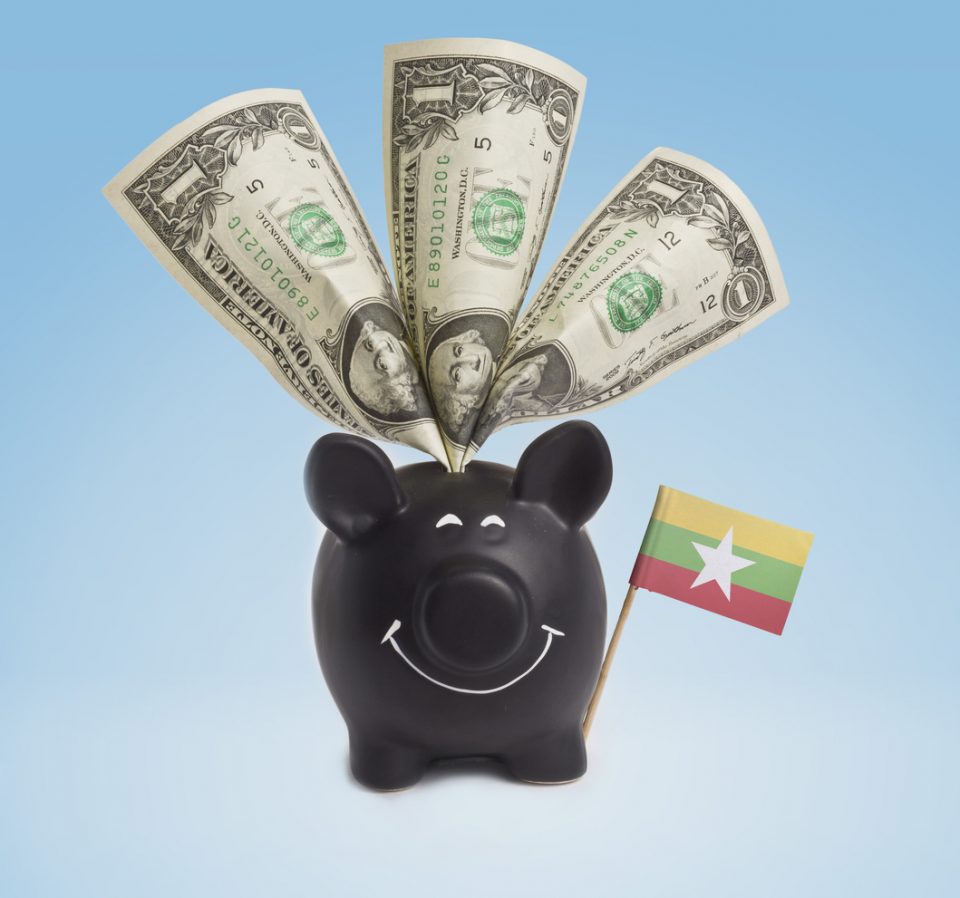The World Bank approved a $200 million credit for a First Macroeconomic Stability and Fiscal Resilience Development Policy Operation, to assist the Government of Myanmar in promoting macroeconomic stability and fiscal resilience. The new assistance aims to help Myanmar maintain a stable economy needed for growth and poverty reduction, and increase budget resources for greater access to quality public services.
The World Bank-supported program includes reforms that are critical to modernizing economic management and building an effective State. These reforms aim to address challenges such as rising inflation, public debt sustainability, efficiency of government spending, and tax collections. The DPO also provides long-term, concessional financing for critical public investments.
“The policy actions that we proposed could help sustain confidence in economic policies as well as reduce poverty and help increase access to public services for Myanmar people including electricity, education and health,” said U Kyaw Win, Union Minister for Planning and Finance. “For example, low and stable inflation could help Myanmar to attract high quality investments to create jobs and grow in an inclusive manner.”
The DPO has two pillars. The macroeconomic stability pillar includes reforms to promote prudent public debt management; an end to Central Bank financing of the fiscal deficit; fiscal discipline of State Economic Enterprises; and policy-based budgeting. The reforms under the fiscal resilience pillar aim to increase revenue mobilization; prudent gas revenue management; the financial viability of the power sector; and effective public finance management.
“Poor households are the ones most severely affected when prices of food and other basic needs increase,” said Ulrich Zachau, the World Bank Country Director for Southeast Asia. “This program is designed to benefit poor and vulnerable people through reduction in price pressures. The World Bank is pleased to support Myanmar’s efforts to strengthen their policies and institutions for stable growth over the long-term.”
The credit will come from the International Development Association (IDA), the Bank’s fund for the low income country. The terms for the IDA credit include a maturity of 38 years, with a grace period of six years and a zero interest rate.

